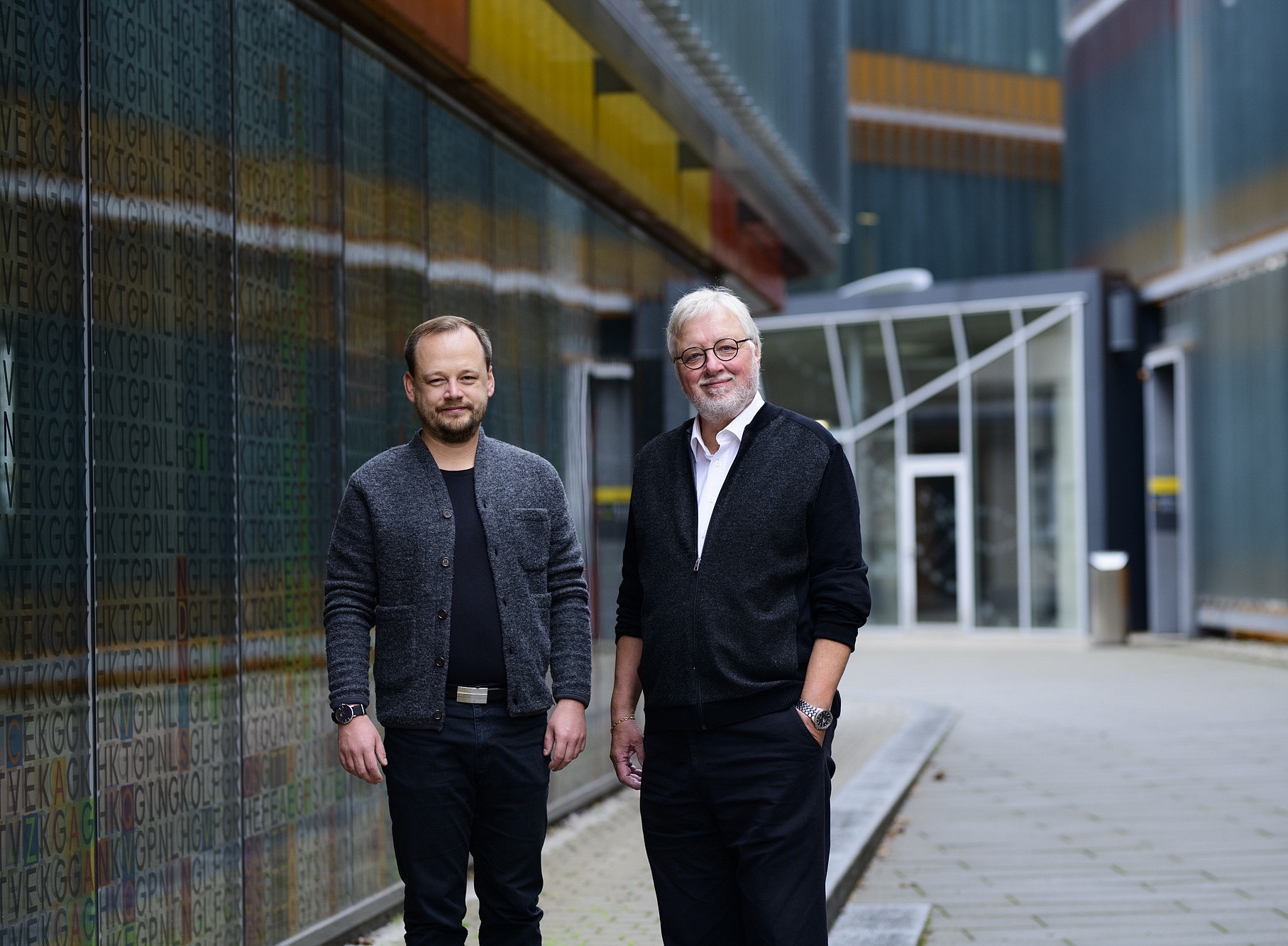Peter Hofer and Rudolf Zechner, two researchers from the University of Graz, in collaboration with Luísa M. Figueiredo from the Institudo de Medicina Melecular-João Lobo Antunes at the University of Lisbon, have solved the mechanisms behind a symptom of sleeping sickness. This disease, which is widespread in tropical Africa, is caused by the parasite “Trypanosoma brucei”. The Portuguese researcher Figueiredo specialises in studying the pathogen and discovered in a previous study that the parasite also resides in human fatty tissue.
As the fatty tissue is visibly degraded during the disease, the scientist contacted the laboratory of Rudolf Zechner at the University of Graz, which conducts research into fat metabolism and has discovered the main enzyme involved in fat degradation, adipocyte triglyceride lipase (ATGL).
Two different populations of mice were infected with Trypanosoma brucei to determine the cause of the fatty tissue changes caused by infection with the pathogen. While the first group of animals had a normal metabolism, the gene for ATGL was missing in the second group.
Protective mechanism
In the mice without the ATGL gene, hardly any loss of fatty tissue was observed. However, it was found that these animals died much earlier from the disease than those with normal fat metabolism. The concentration of parasites in the fatty tissue was also significantly higher.
“We assume that the weight loss in the context of sleeping sickness is a protective mechanism of the body to prevent the spread of the pathogen,” explains Peter Hofer. The increased fat loss therefore protects the patients from the parasite.
However, it is too early to develop new treatment concepts from this, says Rudolf Zechner. “Our work is purely basic research. It's not about new therapies.” Nevertheless, this research could form the basis for new treatment methods in the future, admits Zechner. And not only for the infestation with “Trypanosoma brucei”, but also for other diseases or tumours that are also associated with severe breakdown of fatty tissue.
Publication:
Adipocyte lipolysis protects mice against Trypanosoma brucei infection; Henrique Machado, Peter Hofer, Rudolf Zechner, Terry K. Smith & Luísa M. Figueiredo
